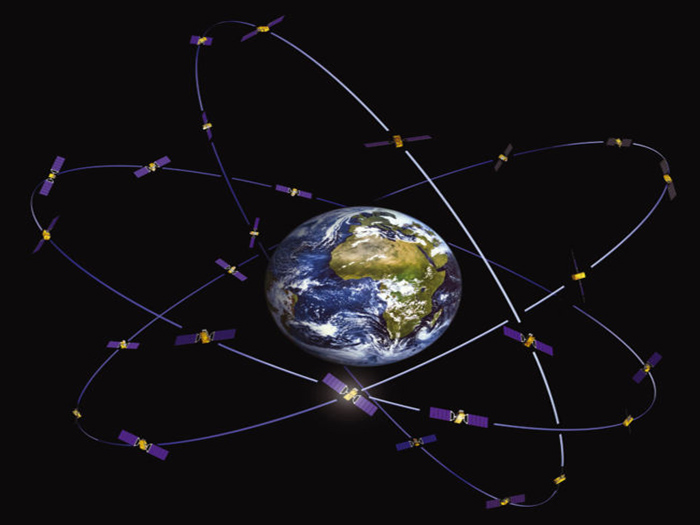EU alternative to GPS will be launched
In spite of problems, Galileo satellites will fly

Public awareness of a European satellite-navigation system planned as an alternative to the US-run GPS network rose a notch yesterday when the European Commission announced that the troubled scheme would be completed, come what may.
Commission vice president Gunter Verheugen publicly emphasised that the Galileo satellite network would be launched in spite of delays and political wrangling. He said: "Galileo is an essential project ... we don't have an option of giving up. Whatever problems may have arisen, Galileo remains essential for Europe."
Independent sat-nav
Delays caused by the eight companies in the Galileo consortium failing to create an umbrella company to run the program and likely budgetary increases prompted the vote of confidence in the GPS-buster network.
The reasons for Europe (and other involved nations) wanting its own sat-nav network are both political and practical - the current GPS system is owned by the US and can be switched off or restricted by agencies there if needed exclusively by their own military.
Crippled by US
Until 2000 the GPS system was crippled by denying civilians access to the most precise location signals through military encryption. The encryption was removed by the US government when the plan was found to be detrimental to its own forces, most of whom had only civilian GPS hardware.
Moreover, GPS is typically accurate to around 15m, depending on conditions, whereas the Galileo satellites will be more than twice as accurate, with the future possibility of them resolving location down to less than 10cm.
Get daily insight, inspiration and deals in your inbox
Sign up for breaking news, reviews, opinion, top tech deals, and more.
J Mark Lytle was an International Editor for TechRadar, based out of Tokyo, who now works as a Script Editor, Consultant at NHK, the Japan Broadcasting Corporation. Writer, multi-platform journalist, all-round editorial and PR consultant with many years' experience as a professional writer, their bylines include CNN, Snap Media and IDG.